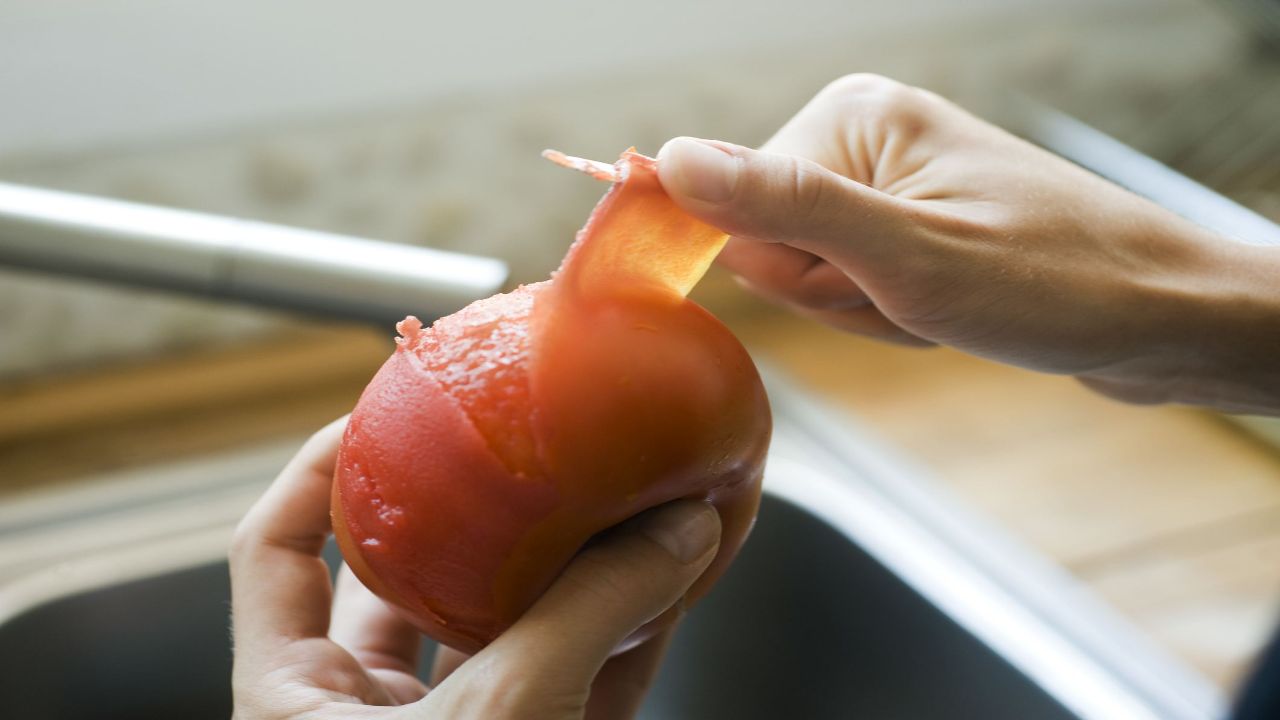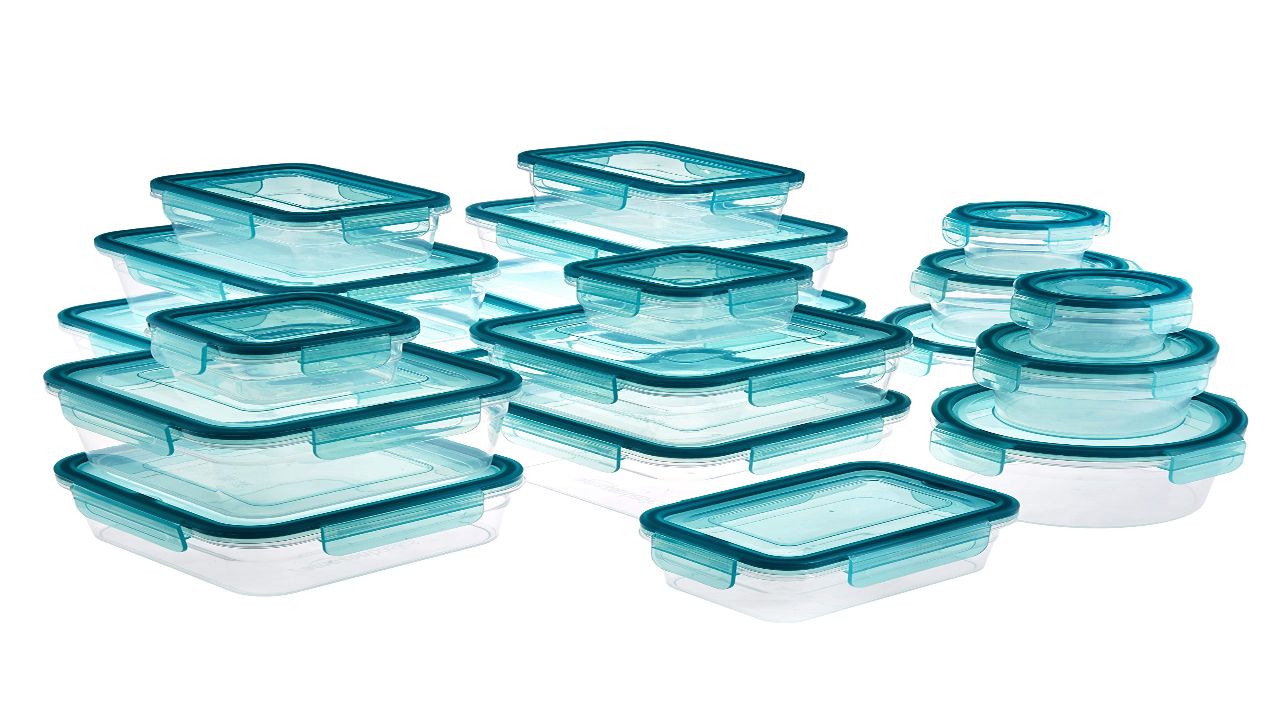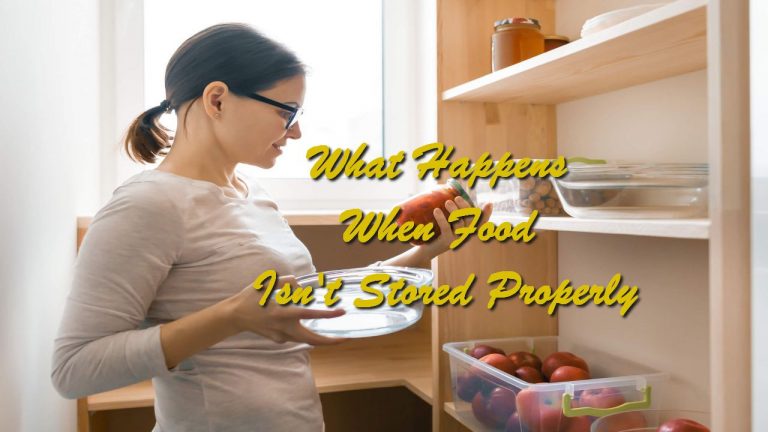Leftovers are a product of home cooking and also eating out at the restaurant. Good food must not only be savored once. You might want to enjoy the feel of it on your tongue the following morning or the next evening for dinner. The only way to guarantee this is with proper storage of your food.
Improper storage of food has been the cause of several health issues due to the natural decaying of food and also the growth of bacteria and other organisms.
In this article, we are giving a detailed breakdown and also explaining what organisms you could be exposing yourself and your family to.
Bacteria

When food is kept or stored at room temperature, the conditions are ideal for the growth of bacteria on the food. This is due to the presence of oxygen, light, and moisture in the air. The organisms multiply and divide at a tremendous rate, leading to the growth of mold and other unspeakable organisms.
Cold storage is the solution as recommended by the Department of Agriculture. The state body opines that food should be refrigerated after being out for just two hours. In addition, the temperatures should be below the freezing point, i.e. 0 degrees Celsius. At these temperatures, bacteria are killed by the low-temperature setting.
Skinned fruits and vegetables

Fruits and vegetables are an important part of our diet. They provide the body with necessary nutrients and vitamins for growth, sustenance, boosting immunity, and other bodily functions. However, to get all these benefits, you must partake of healthy fruit.
A fruit often starts decaying once the peel is removed. The peel serves as a protective barrier against bacteria. Unpeeled fruits and vegetables are slow to spoil. It may take days or weeks before the fruit is spoiled.
Storage basics

To help you preserve the taste, smell and keep your family in good health, here are a few storage basics that are recommended by the U.S. Food and Drug Administration:
– Always freeze or refrigerate your perishables. As mentioned above, there is a two-hour window that you have for your food. Don’t allow your eggs, milk, meat, and other produce to sit at room temperature for over two hours.
– Maintain proper temperatures. Always ensure that your refrigerator is at or below 40 degrees F and for your freeze, this should be at 0 degrees F.
– Storage directions. Different food elements are stored differently. The manufacturer provides instructions on the labels that will help you maintain the taste of the products.
– Be alert. Spoiled food always looks and smells suspicious. Don’t ignore what your senses are telling you.
Conclusion
It would be counter-intuitive to pass on this information without giving our readers an option for storing food properly. Consider the use of silicone storage bags. Usually, manufacturers have used the best technology and design in the market to create the perfect storage bags for their clients.
